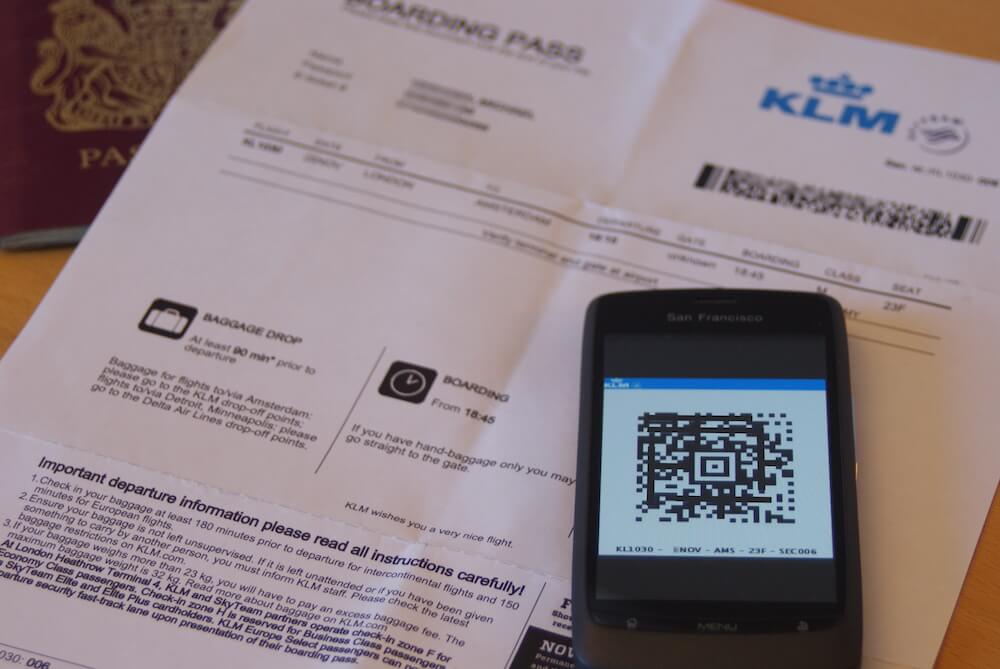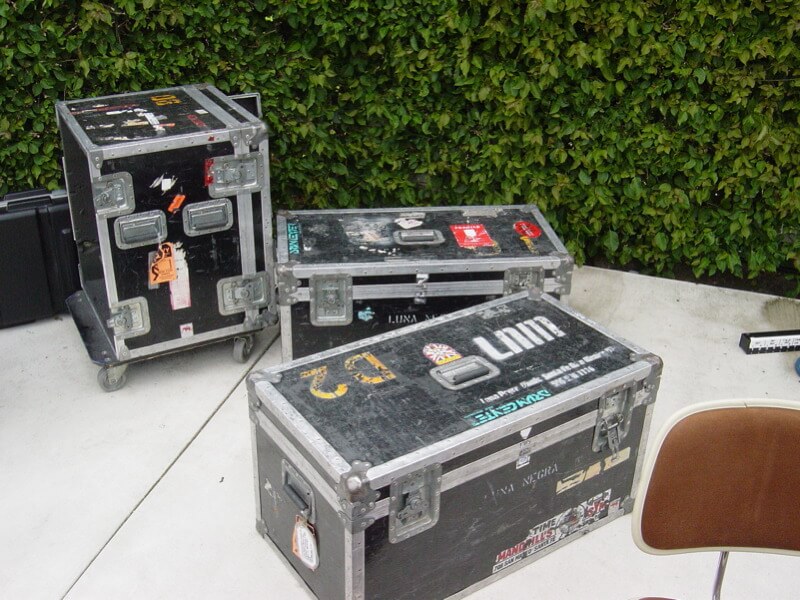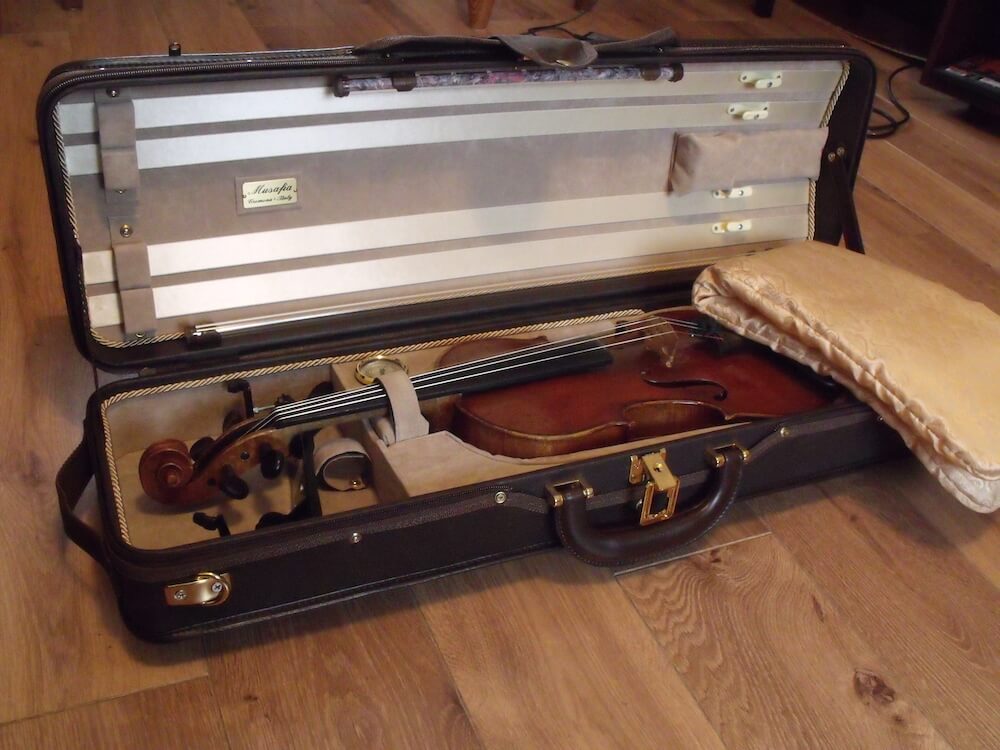Losing luggage, or perhaps worse, having your luggage damaged is a nightmare for anyone, but is especially problematic for musicians.
The gap between handing luggage in to be stowed away in the aeroplane’s hold and receiving it (hopefully) after landing can be a nail-biting affair, not helped by some true horror stories of much-loved instruments being damaged by careless airline staff.
That said, musicians are never going to stop wanting to travel. Whether it’s taking your instrument abroad for a professional engagement, or simply wanting to keep up with the practice while on holiday, here are our top tips for keeping your instrument safe while travelling.
Remember – touring around Europe has changed since Brexit, and it’s a good idea to double-check all of your arrangements. The Musicians’ Union has put together a flow chart to act as a guide for what you will and won’t need to have in place for a European tour, which can act as a handy reminder of what you might need.
What can musicians do to protect their instruments whilst travelling abroad?
Check airline regulations
Some airlines will allow instruments to be taken onboard, inside of the cabin. Before travelling, it’s worth calling up an airline and asking what their policy is regarding musical instruments.
Some airlines will allow instruments onboard if they fit into the overhead compartment, while others may be even more accommodating.

Freelance musician, Joseph Alexander explains,
Emirates let me take it on as carry on for free. If it didn’t fit in the overhead they kept it up front for me.
Joseph Alexander
Sara Robalo has also had positive flights explaining,
I had a good experience with BA and surprisingly EasyJet. They have always been accommodating and let me take my guitar in the cabin. On the occasions it didn’t fit in the overhead compartment the crew stored it with their belongings in their storage compartment.
Sara Robalo
Book it a seat?
If you are flying on a budget airline (and don’t mind incurring the extra cost) it is sometimes possible to purchase a seat next to you for your instrument, to keep your eyes on it at all times.
Always check with the airline first, but sometimes “A.Cello” makes it onto the passenger list without incident…
Always make sure your instrument is well packed so it is well protected on all sides
If the airline refuses to allow instruments to be taken on as carry-on luggage, it is crucial that they are well protected. Therefore the best course of action to take when transporting instruments abroad is to use a flight case, especially for frequent fliers.
Even if you have invested in a flight case, it’s time to use your imagination. Socks, shirts, and all manner of clothing items can be used to toughen up an instrument against unrepentant airline staff (as well as free up room for luggage!).
Prepare your instrument for transport
It may be worth speaking to a luthier or specialist about the best conditions to have your instrument fly in.
Guitarists and bassists in particular tend to slacken off string tension before having their instruments stowed in the hold, and take tools with them to adjust action and intonation should any problems occur (remember that these will have to be kept in a separate case for the hold, as sharp tools are not allowed in the cabin).
These will also come in handy if you are travelling to a country with a radically different climate, as some instruments can suffer from radical changes in temperature.
Travelling abroad with instruments made from rare materials?
Some musical instruments, particularly violins, are made from Ivory, Brazilian Rosewood and other materials that are considered endangered and are protected under various Endangered Species Acts and conventions.
As a result of this, owners of these instruments may find they struggle to get through the border control of many countries without their instruments being impounded.
Do some research on what materials are used in your instrument before travelling, and check against your destination’s list of prohibited materials list.
Many musicians choose to get an instrument passport, which will identify the instrument as ‘purchased’ and therefore will be exempt from being seized at border control.
Do you actually need to take it?
Many musicians performing abroad may find it easier, cheaper and a lot less stressful to simply purchase, hire, or borrow instruments for the shows abroad.
Musicians purchasing instruments in their destination country may also find they are able to sell them before returning home.
However, musicians should consider storing favourite pedals or important cables in their luggage, since they can be hard to come by abroad.
If you are regularly travelling abroad, consider purchasing a less expensive model to be your travel instrument, and upgrading some of the components (for example, taking a cheaper model of guitar and upgrading the pickups to something like House of Tone can be handy for getting a great sound out of a budget instrument).
At the very least, some like Last Minute Musician Terry Butcher, find it easier just to take cheaper kit. He says,
I tend to take cheap copies i.e Rickenbacker change to Rockinbetter, as over 20 years I’ve had a lot of lost damaged gear and to be fair its best to fly with cheapo kit.
Terry Butcher
And finally, remember, it doesn’t matter who you are or how famous your band is, your instrument could still fall victim to mishandling…

The heartbreaking moment Eagles of Death Metal/Beta Machine Bassist Matt Mcjunkins had to stand and watch his American P-Bass bounce off the tarmac on it’s way to the plane. Original Photo: by Darren Garcia
Musical instruments on British Airways
The following is the latest from the BA website:
You can bring your musical instruments with you when you travel with us.
Smaller musical instruments can be carried in the cabin as part of, but not in addition to, your free hand baggage allowance. This means you can have a small handbag/laptop size bag as well as your smaller musical instrument case which will count as your second piece of hand baggage. Our airport staff will make every effort to find space in the cabin for musical instruments that are within the dimensions of 80 x 30 x 25cm (31 x 11 x 10in), as we know extreme temperatures can damage these instruments in the hold.
Larger musical instruments, such as guitars and cellos, can be carried in the hold or you can buy an extra seat to carry them with you in the cabin. Please carry your musical instrument in a hard case and ensure you are properly insured. We cannot accept instruments in soft cases, e.g. guitars, as we don’t want them to get damaged. If your musical instrument in its case is larger than 80 x 30 x 25cm (31 x 11 x 10in):
– It will be checked into the hold as part of your checked baggage allowance.
– Where possible, we’ll try and accommodate instruments of up to 190 x 75 x 65cm (75 x 29.5 x 25.5in) in the hold, provided you notify us at least 24 hours before your flight.
– You may be able to buy an extra seat for your instrument if you want it to travel in the cabin.
– If your instrument weights more than 23kg you might need to pay an overweight baggage charge. The maximum weight of musical instruments we can carry is 45kg (99lb).
– If required, you can pay to take more checked bags than your allowance.
– If you are checking in a large instrument, please allow an additional 15 minutes so that the item can be safely and securely handed over to the Baggage staff.
Info from Britishairways.com
Sources
Do you have any tips on taking your musical instrument abroad? Let us know in the comments below!






















